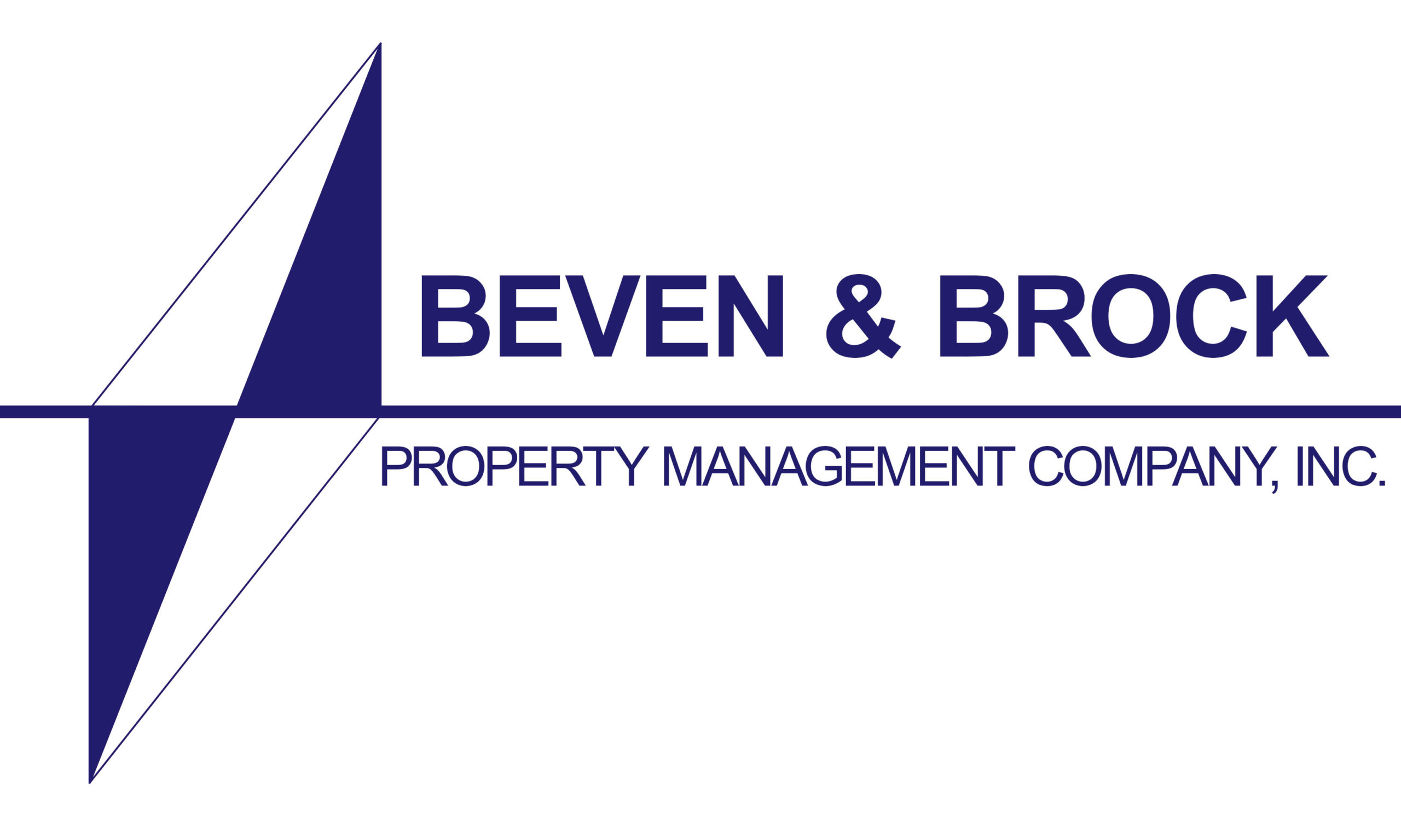This Probably Never Happened to you, But…..
 The tenant from #3 was late with his rent. He got a 3-day notice, but he didn’t pay. Our attorney service filed an unlawful detainer complaint. Our issue was simple, non-payment for rent.
The tenant from #3 was late with his rent. He got a 3-day notice, but he didn’t pay. Our attorney service filed an unlawful detainer complaint. Our issue was simple, non-payment for rent.
His answer was not simple. He claimed that the building was INFESTED with roaches, thus justifying his non-payment of rent. I took significant offense from knowing that a few weeks from today a judge would see that answer. I take a great deal of pride in the properties we manage. We provide weekly janitorial service and monthly pest control service. And here comes this guy, claiming ON THE PUBLIC RECORD that we do not. I was offended.
His claim was probably urged on him by some low-life tenant eviction-delay service. They know that judges frown on owners that do not provide sanitary housing. They also know that any reason (or no reason) is grounds for answering the complaint, thus forcing a trial. It was a delaying tactic. You know it, I know it. So we are going to court.
However, when we got to court, I want to keep the proceedings narrowly focused on THE REAL ISSUE: NON-PAYMENT OF RENT. I do not want the judge to empathize with the tenant who cannot meet his contract obligation with me. I do not want the judge to be visualizing roaches when he should be seeing unpaid rent going up-in-smoke.
It is our practice to send a letter along with our 3-day notices. The letter contains a list of various tradesman who do work on habitability-related problems: pest control, screens, broken windows, cleaning, plumbing, and electrical. We instruct the tenant that IF they believe that they have a maintenance problem that has not been adequately addressed, that they may contact anyone on the list directly. We assure them that we will be financially responsible for any such repairs. (As you can guess, we have also arranged with the vendors that they will not act without contacting us first). When we get to court, the judge gets a copy of our letter along with the other court documents. From the letter, the judge will know that we re conscientious about our properties, and that HABITABILITY IS NOT THE ISSUE. I believe that this sort of approach is good for our image as owners, and good for our tenants. It has worked well for us.
Dear Readers: This article is the 159th in a series based on the lessons we have learned the hard way. The contents of these articles are merely opinions of the writer. They are not intended as specific legal advice and should not be relied upon for that purpose. Our practice is in constant refinement as we adjust the way we operate to an ever- changing market. I appreciate your questions, comments, suggestions, and solutions. Contact C. Finley Beven, JD, CPM, CCAM, 99 S. Lake Avenue, Pasadena. (626) 243-4145. FinBeven@msn.com
